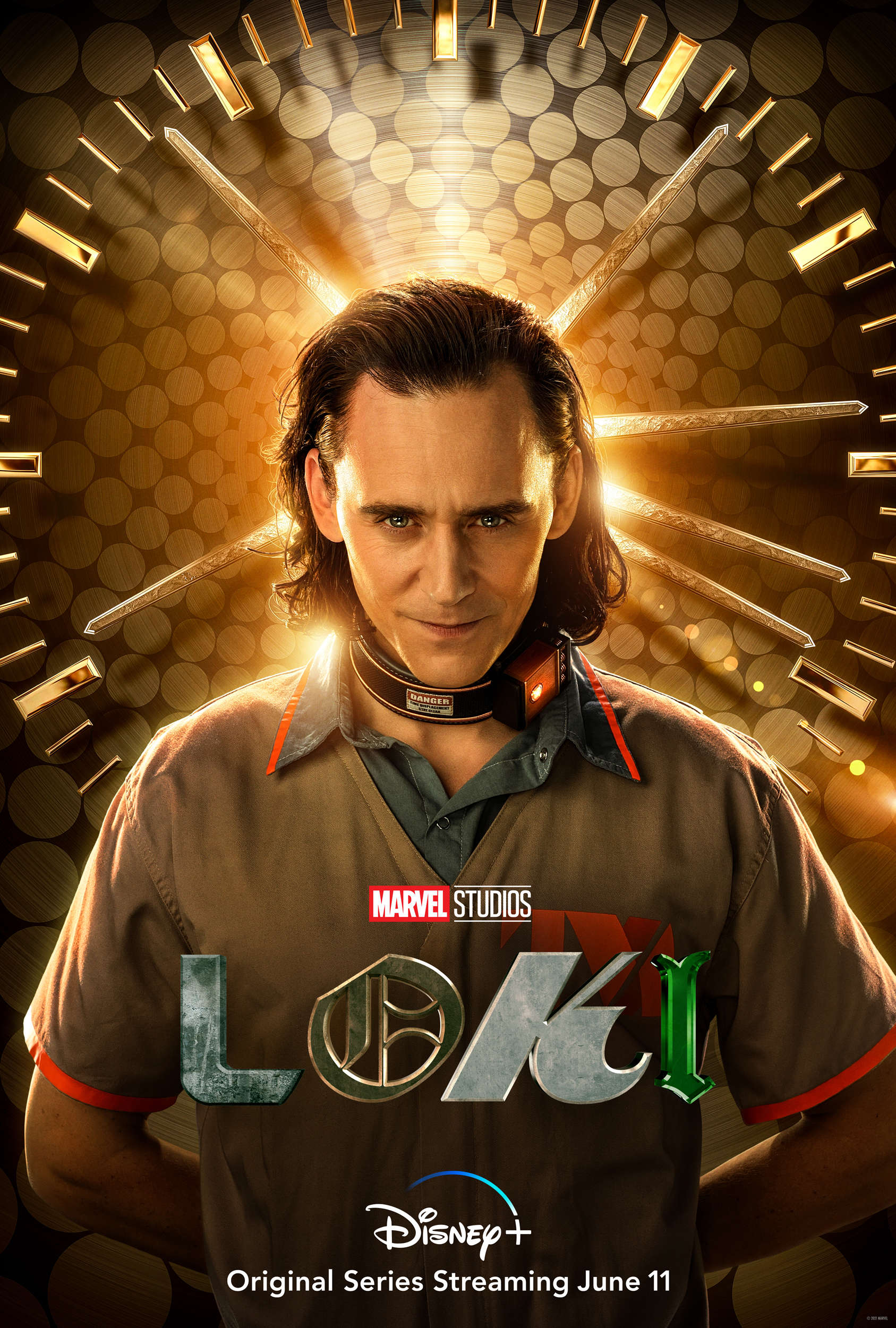Create a free profile to get unlimited access to exclusive videos, sweepstakes, and more!
From Blade Runner to Teletubbies, Loki creators cite wacky influences fit for the God of Mischief

It’s hard to a have a show about the God of Mischief without straying a little off the beaten path to find creative inspiration. As Loki gets set to join the growing roster of MCU-canonical Marvel series at Disney+, the creators behind the show are sharing some of the unlikely sources that inspired his new, post-Avengers: Endgame adventures — and it’s an eclectic list of influences; one that (somehow) even finds inspiration in the trippily tranquil Teletubbies.
Of course some of the usual sci-fi suspects are among Loki’s big influences, as series director Kate Herron and head writer Michael Waldron recently confided to Entertainment Weekly. After all, science fiction is the genre glue that binds Loki and the rest of the MCU. Loki’s six episodes will reflect “big sci-fi with heart," explained Herron, adding that she wants the series to come off as “just a big love letter to sci-fi and all the stuff that's inspired me to be a filmmaker.”
That means character-based sci-fi classics like Blade Runner get a big shout-out, as you might expect. And Owen Wilson’s no-nonsense TVA (that’s Time Variance Authority) agent Mobius brings a Deckard-like, noir-ish grounding to counter the mood of Loki’s more mischievous antics.
“[Herron] spent a lot of time talking about noir in her initial pitch with us and looking at Mobius as a bit of a hard-boiled detective in a nonplussed way,” Marvel Studios president Kevin Feige told EW, with Waldron adding that Blade Runner makes for a perfect Mobious template: “it was just a noir-ish, sci-fi, crime thriller.”
Mad Men, AMC’s ode to penthouse-level Madison Avenue power moves, also provided inspiration — not, perhaps, for its decidedly different genre leanings, but for its ability to linger over conflicted characters who have a tendency to bring all that inner turmoil to the office. “We're going to get to invest six episodes’ worth of time and get to tell maybe a more complex, layered character-driven story than you'd get to do in a big blockbuster where you've got so many characters to service in just a two-hour runtime,” Waldron explained. “That [was a ] Mad Men influence as much philosophical and it was aesthetic.”
If office politics aren’t your thing, don’t worry: no one’s going to confuse Tom Hiddleston’s capricious Asgardian mischief-maker (or probably even Mobius) with the stoic protagonist of a Mad Men-style period drama. Waldron assured that Marvel’s comic-book background will also inform the show’s portrayal of the TVA’s supernatural inner workings. “We drew inspiration from a wide breadth of ideas as the TVA shows up all throughout [Marvel]. There's Fantastic Four runs, where they're running around, and they're in She-Hulk in a cool way,” he said. “All of those stories were inspiration in just saying like, ‘Alright, what is this crazy organization? And how can we now make them real in a way that you could actually shoot a TV show about them?’”
Loki may not be crazy, but he is unpredictable — even to himself. An adopted Asgardian god who’s always wearing his second-son resentments on his sleeve, he’s more than lived up to his God-of-Mischief billing on the MCU’s big screen. Now that his name is in the spotlight in the Disney+ show’s eponymous title, fans will understandably be expecting the wacky-visuals meter to be dialed up to 11 and beyond.
Herron assures that the series found plenty of offbeat inspiration for that, too, citing Monty Python veteran Terry Gilliam’s wild sci-fi classic Brazil and (here they come!) Teletubbies as big visual reference markers. Sadly, though, we’ll have to wait until the series’ June 9 premiere at Disney+ to find out how the Teletubbies’ laid-back, sunny baby vibes might creep into Loki’s darker visual palette. “You’re gonna have to wait,” Herron teased.


























